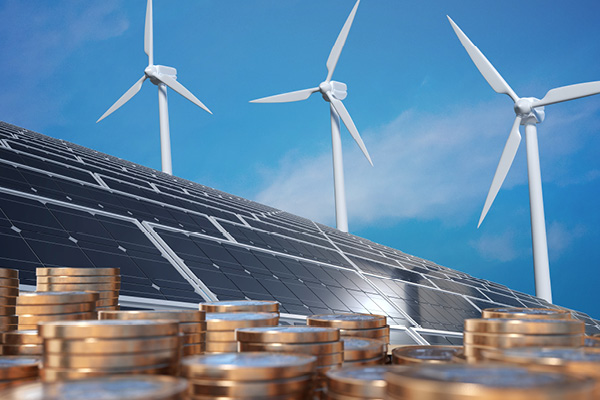Do you know your CCL from your CfD? Any idea what the new GGL stands for? Or why gas costs are set to rise, while electricity costs may fall?
I appreciate this might not sound especially exciting. But when these acronyms add significant sums to your energy costs, understanding more about them and other policy costs is nonetheless important.
That’s why we’ve created a report to explain the various ‘green’ levies that stem from government policies to support the UK’s transition to low-carbon generation – what they are, how much they cost, and what’s set to change.
Consumers funding energy policy
If you scrutinise your energy invoice, you’re likely to see these policy costs listed as separate charges. This is because the government passes these costs onto energy suppliers/consumers rather than funding them out of general taxation.
(Although this is something that is currently being questioned by some parties keen to find ways to reduce sky-high energy invoices).
For gas invoices, you’ll only see the Climate Change Levy (CCL), and from April, the new Green Gas Levy (GGL) added. Although depending on how you pay for non-commodity charges, your GGL cost may be rolled in with other gas charges.
Adding £43/MWh to power prices
Electricity invoices, on the other hand, contain the lion’s share of policy charges – with CCL plus the Renewables Obligation (RO), Contracts for Difference (CfD), Capacity Market (CM), and Feed-in Tariff (FIT) all added.
Collectively, these add around £43 to every megawatt hour (MWh) of electricity consumed.
However, there are plans to rebalance the way in which these levies are shared between gas and electricity. So, gas costs could increase, while electricity costs decrease.
You can find out more about this, and all the policy costs in more detail, in our latest ‘Energy Made Simple’ report: A Focus on Non-Commodity Charges. You’ll also receive access to our previous report that explored network charges.
As ever, if you have any questions about any non-commodity charges, or would welcome some help in mitigating these and rising energy costs in general, do get in touch.
Existing customers should contact your Account Manager or Client Lead. Other businesses can reach us via info@npowerbusinesssolutions.com



/npm214%20Digital_H_UB27.jpg)
/npm214%20Digital_H_UB132.jpg)
/npm214%20Digital_H_UB17.jpg)
/npm214%20Digital_H_UB100.jpg)

/npm214%20Digital_H_UB134.jpg)

/Author%20Profile%20Paul_Thomas_G.png)
